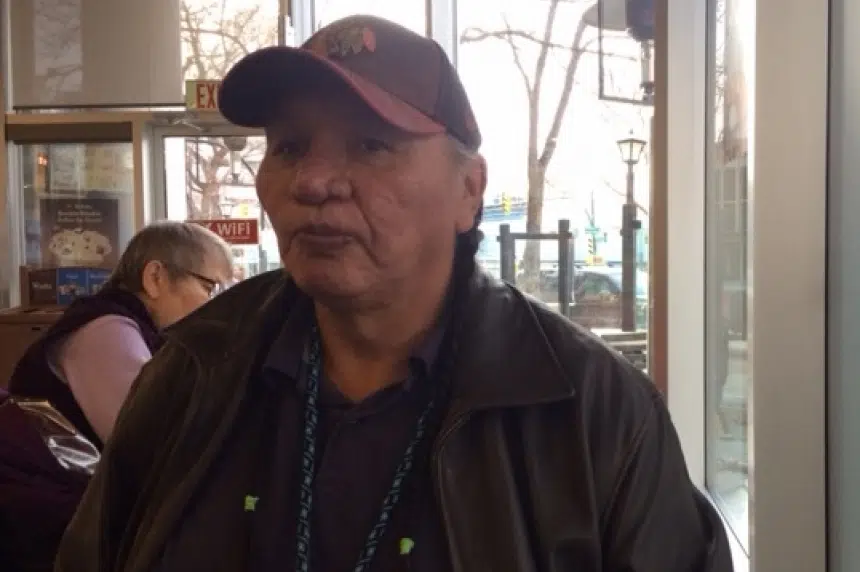It took 20 years of being in and out of prison for Art Cachene to realize he needed to turn his life around. Sitting in a coffee shop in Saskatoon, he said his wake-up call came when he was 47 years old, staring into the mirror of a prison cell and seeing his greying hair in the reflection.
“And I started to say to myself ‘man I gotta get outta here. There is something wrong with me’.”
The 64-year-old has served several sentences in both correctional facilities and penitentiaries; his longest period of incarceration was six years.
Cachene said it was a fellow inmate—a much younger guy, he adds—who helped put his life into perspective.
“I was traumatized and I didn’t know that until a fellow inmate in prison kind of studied me and said ‘I know what’s wrong with you. My dad is like you’.”
It was another turning point for Cachene. He said he started taking his prison programming seriously. He learned that his alcoholism and subsequent criminal behavior was connected to his abusive past.
But it was restorative justice that helped him adjust to live outside of prison. On the heels of Restorative Justice Week in Saskatchewan, Cachene spoke to CKOM News about his experience. He said he knew he needed support from his community, and admits he would sometimes break the law so that he could go back behind bars.
“When I got out of that prison I couldn’t fit in to society. It was so scary,” he said. “When I got out, I didn’t know how to live because you become very into that way of life.”
Cachene participated in a restorative justice program called Circle of Support and Accountability (CoSA) through the Micah Mission, a faith-based volunteer network in Saskatoon. Volunteers help high-risk offenders struggling to adjust to the outside world reintegrate into society.
And it helped, Cachene said. He hasn’t been in trouble for three years after he finished serving his last sentence in 2012. He used to live at the Lighthouse Supported Living before he got his own apartment in a senior’s residence. He calls it “the house of wisdom.”
Now, Cachene gives back to the community that pushed him in a positive direction. He returns to the Lighthouse and shares his stories with people heading down the same criminal path that he was on. He said a lot of younger people view him as a father figure.
“I tell them you have to reach out to a place where you have support. You have to go there, nobody can read your mind. If you don’t wanna learn, you’ll just get old like me. You’re not gonna see that light,” Cachene said.
He believes attending CoSA and recovery programs at the Lighthouse have helped him “hang on.” They made him realize that he needed to know where he came from before letting go of his past.
“I had to go through hell to get to where I am. Now I’m very happy, but I should have seen this when I was in my 20s. But I had no guidance.”











